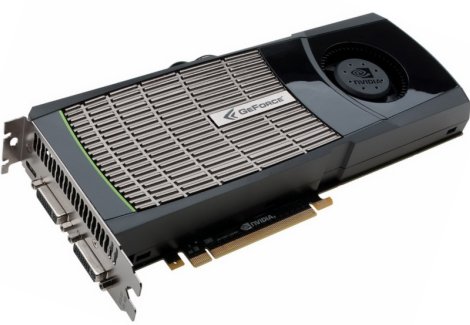Compute Unified Device Architecture, or CUDA, is a software platform for doing big parallel calculation tasks on NVIDIA GPUs. It’s been a big part of the push to use GPUs for general purpose computing, and in some ways, competitor AMD has thusly been left out in the cold. However, with more demand for GPU computation than ever, there’s been a breakthrough. SCALE from [Spectral Compute] will let you compile CUDA applications for AMD GPUs.
SCALE allows CUDA programs to run as-is on AMD GPUs, without modification. The SCALE compiler is also intended as a drop-in swap for nvcc, right down to the command line options. For maximum ease of use, it acts like you’ve installed the NVIDIA Cuda Toolkit, so you can build with cmake just like you would for a normal NVIDIA setup. Currently, Navi 21 and Navi 31 (RDNA 2.0 and RDNA 3.0) targets are supported, while a number of other GPUs are undergoing testing and development.
The basic aim is to allow developers to use AMD hardware without having to maintain an entirely separate codebase. It’s still a work in progress, but it’s a promising tool that could help break NVIDIA’s stranglehold on parts of the GPGPU market.












